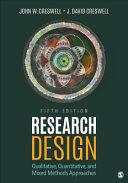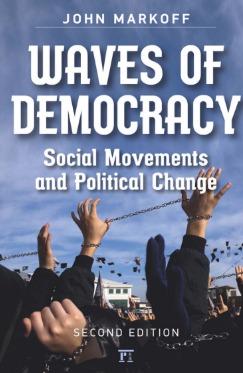Sebanyak 63 item atau buku ditemukan
Managing People Globally
Essentials of International Human Resource Management: Managing People Globally, by David C. Thomas and Mila B. Lazarova, provides concise coverage of key HRM concepts, balancing comparative approaches and US and non-US schools of thought. Not limited to the multinational firm, this book reflects the most current knowledge in the field and considers all types of organizations embedded in the global context. Chapter-opening vignettes (short cases) exemplify the chapter’s core topics and show readers how chapter content can be applied. Extensive references make it easy for readers to explore concepts in more depth.
Not limited to the multinational firm, this book reflects the most current knowledge in the field and considers all types of organizations embedded in the global context.
